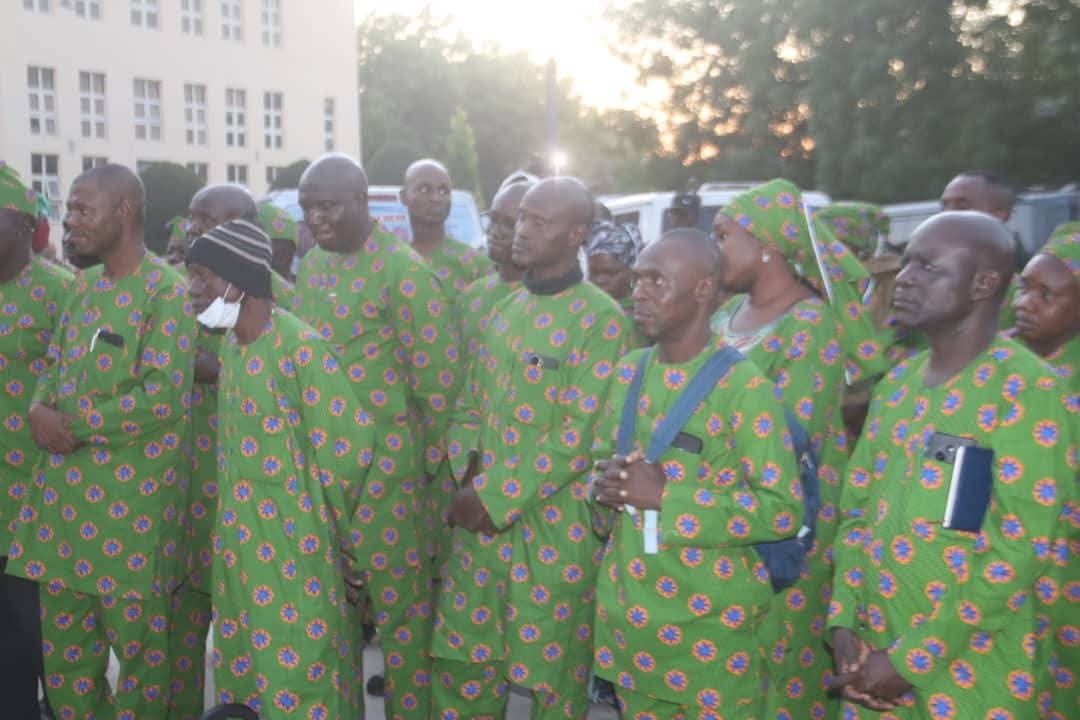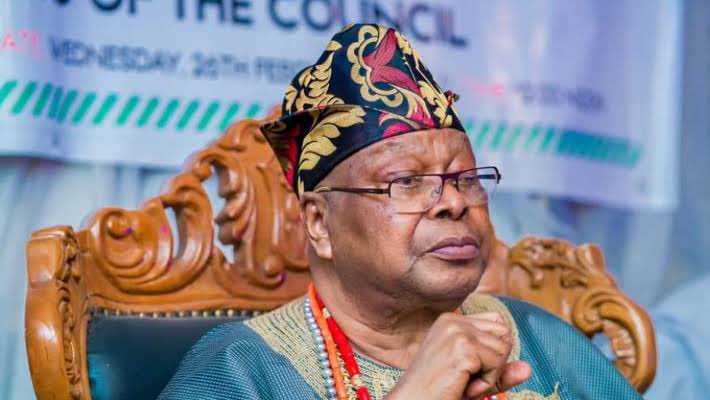The Chairman/CEO of the Nigerians in Diaspora Commission (NIDCOM), Abike Dabiri-Erewa, has said that Nigeria can make more money from diaspora home remittances, noting that in 2021, remittances reached $20.00 billion, surpassing foreign direct investment (FDI), which was $4.8 billion.
The NIDCOM boss stated this on Saturday at the Ado Ekiti campus of ABUAD when she delivered the 12th Convocation lecture of the institution titled: “Diaspora Engagements for National Development.”
Dabiri-Erewa said that in 2022, remittances stood at $20.128 billion, emphasizing that diaspora home remittances that year were four times Nigeria’s FDI, constituting about 6.1 per cent of its GDP.
She said, “Some of it is invested in housing and estate development, hospitals, schools, and commercial enterprises. There is an urgent need to galvanize this into an investable fund for development. The Commission is working to actualize this through the establishment of the Nigeria Diaspora Investment Trust Fund (NDITF).”
She called for collaboration between ABUAD and Nigerians in the diaspora, suggesting that the collaboration should include a student exchange program targeting the second and third generations of Nigerians in the diaspora, who can bring unique perspectives to the university community.
“This collaboration will provide staff and students of the university with experience in a different educational setting and cultural context while also leveraging the diverse expertise of diaspora researchers to promote knowledge exchange,” she added.
According to her, it was not surprising that Afe Babalola University had already captured this vision by establishing a linkage with King’s College London, United Kingdom, which she said would allow ABUAD to liaise with other universities worldwide.
“It will also enable ABUAD students to access these universities from their campus. (Afe Babalola University, 2024). This is indeed appreciable,” she said.
“Lastly, I encourage the university to establish a Diaspora Centre of Excellence, which can offer courses in diaspora-related issues and also serve as a research centre.”
Speaking on the challenges facing NIDCOM, Dabiri-Erewa noted the paucity of funds due to limited budgetary allocation, adding that the commission is also confronted with a lack of befitting office accommodation to house its staff.
“There is a huge trust deficit between Nigerians in the diaspora, those in Nigeria, and the government. This, though, is being addressed by the programmes and activities of NIDCOM,” she said
“Time is a factor in fully dealing with this as NIDCOM is just five years old, and these challenges are being addressed with a view to ameliorating them for effectiveness.
“I conclude with a clarion call for Nigerians in the diaspora to join hands with the Commission either as individuals or as groups through any of our numerous programmes to complement government efforts in attaining sustainable development.”
In his remarks, the Founder and Chancellor of ABUAD, Chief Afe Babalola, stated that Nigeria belongs to all, insisting that he would not leave the country for another country.
He lauded Dabiri-Erewa for her detailed and elegantly drafted lecture, which he said has impacted both the students and other attendees.
“I read from home to pass my degrees, and here I am today. There is no cause to japa. I thank God that here in ABUAD we are changing Nigeria for the better.”
The legal luminary, however, informed the lecturer that even though the diaspora has done nothing for ABUAD, the university has achieved the number one ranking globally according to the Times Higher Education ranking.






